INSTALLATION VIEWS
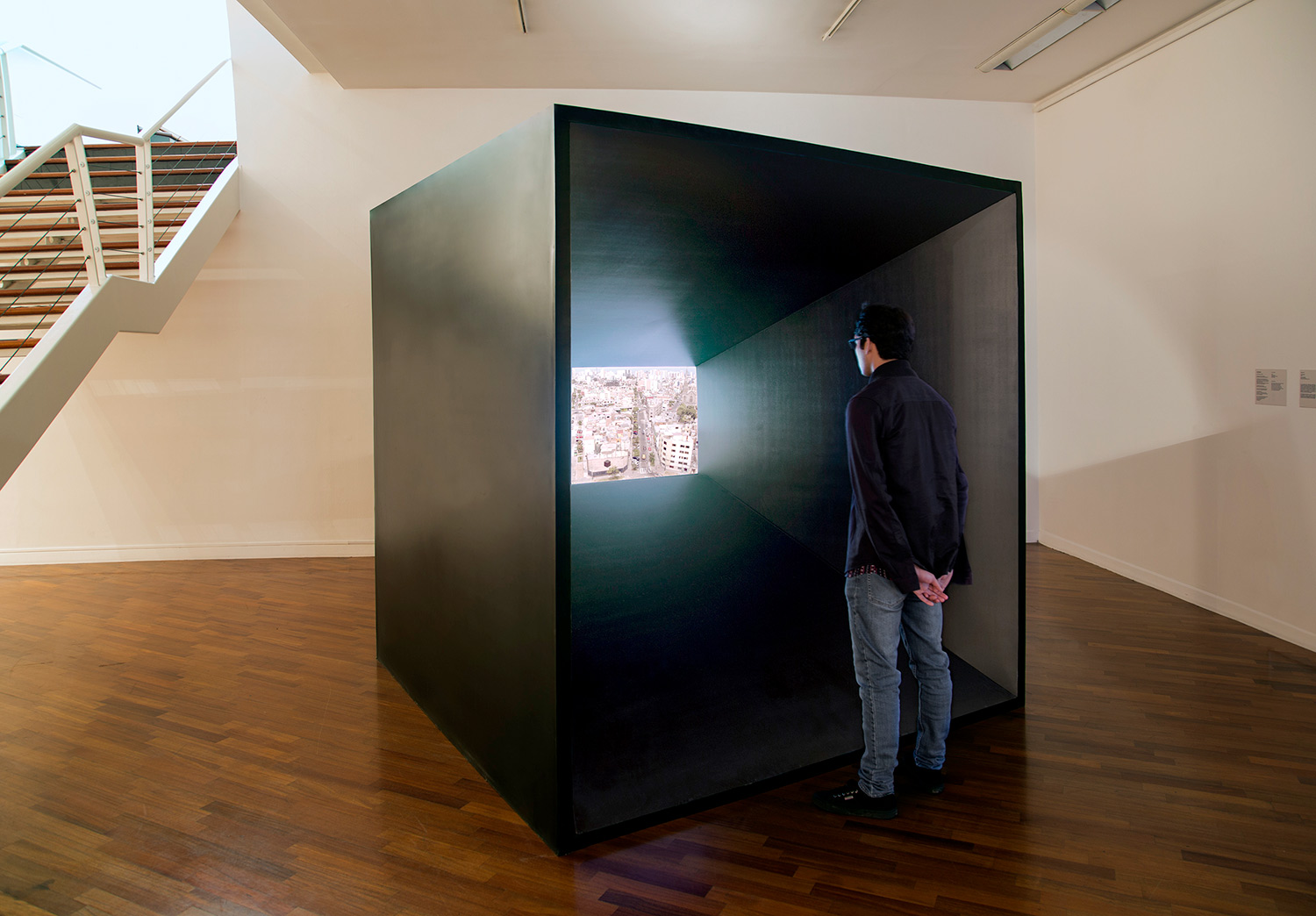
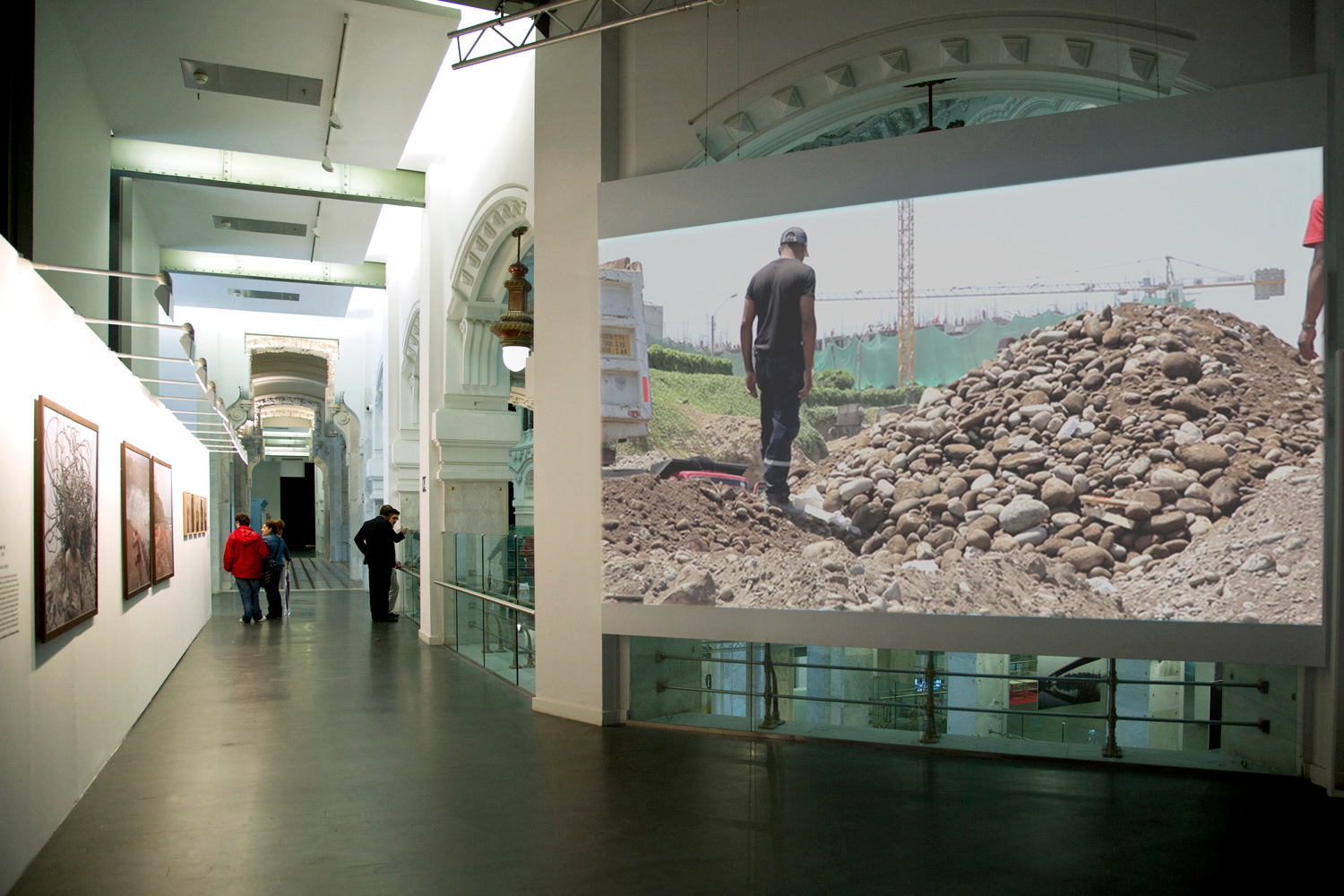
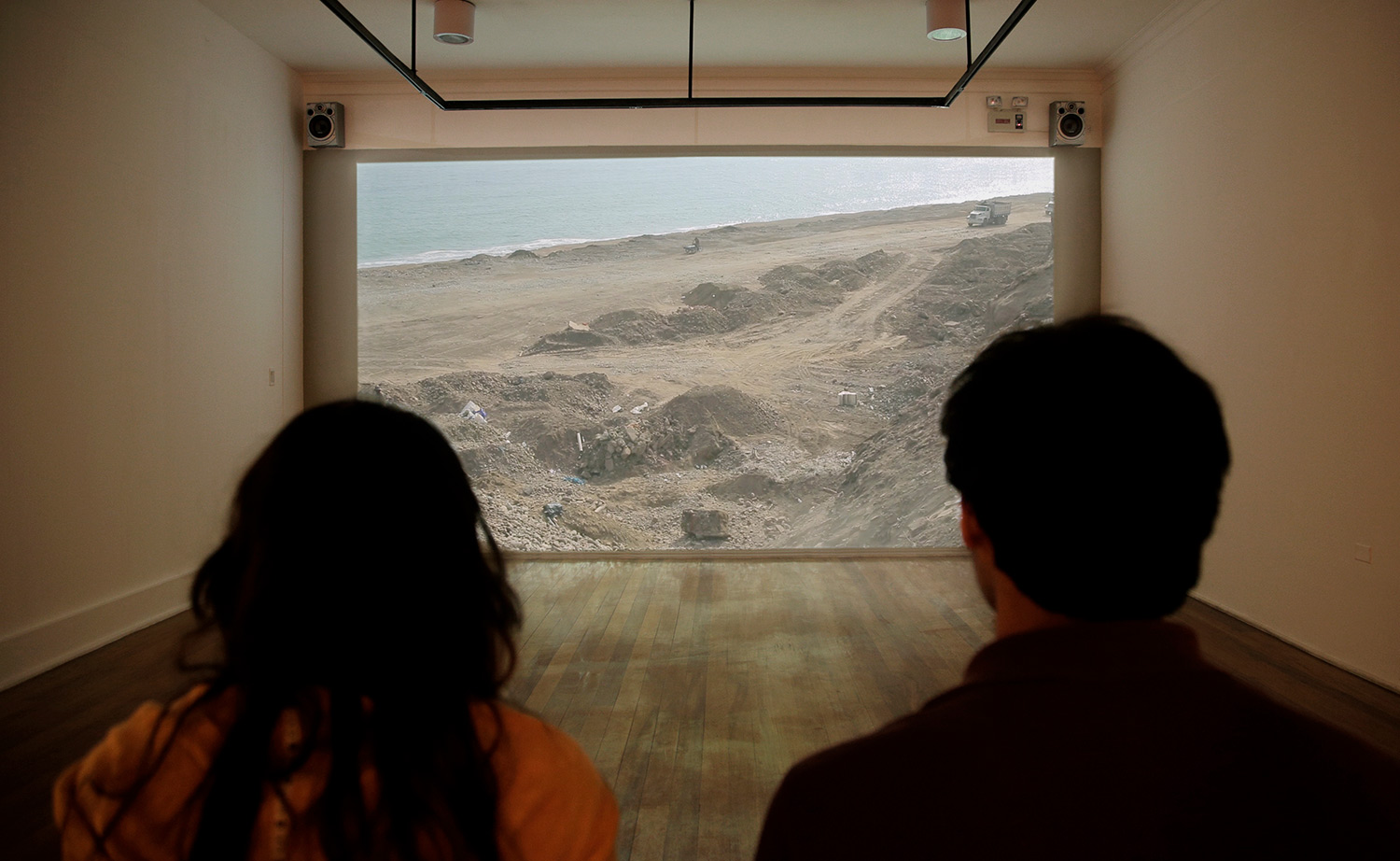
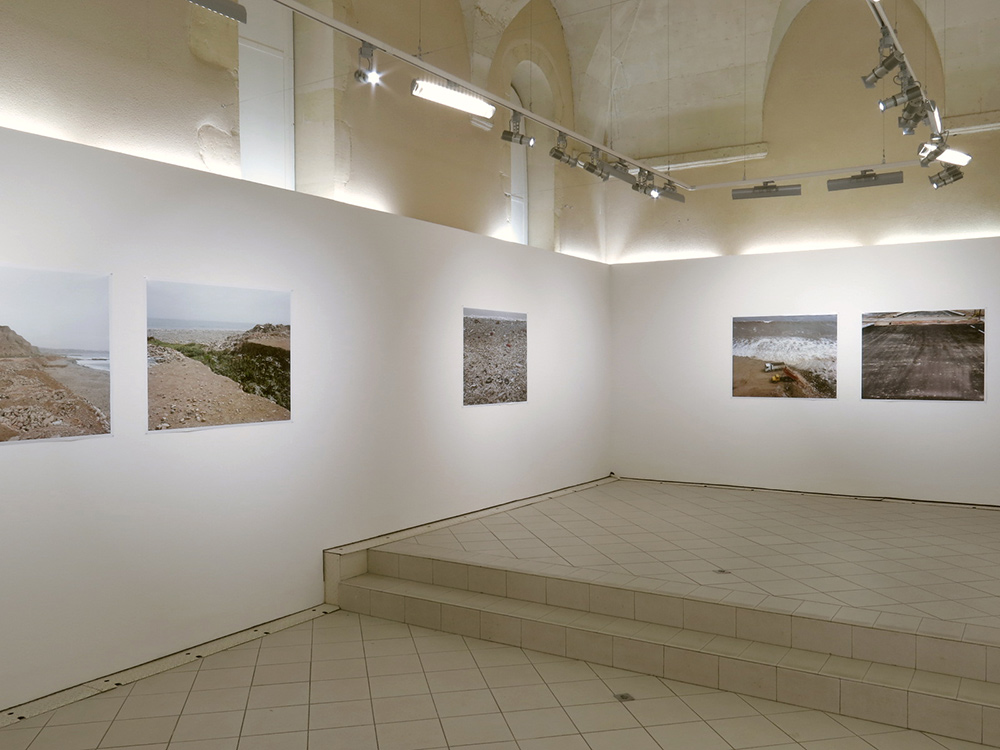
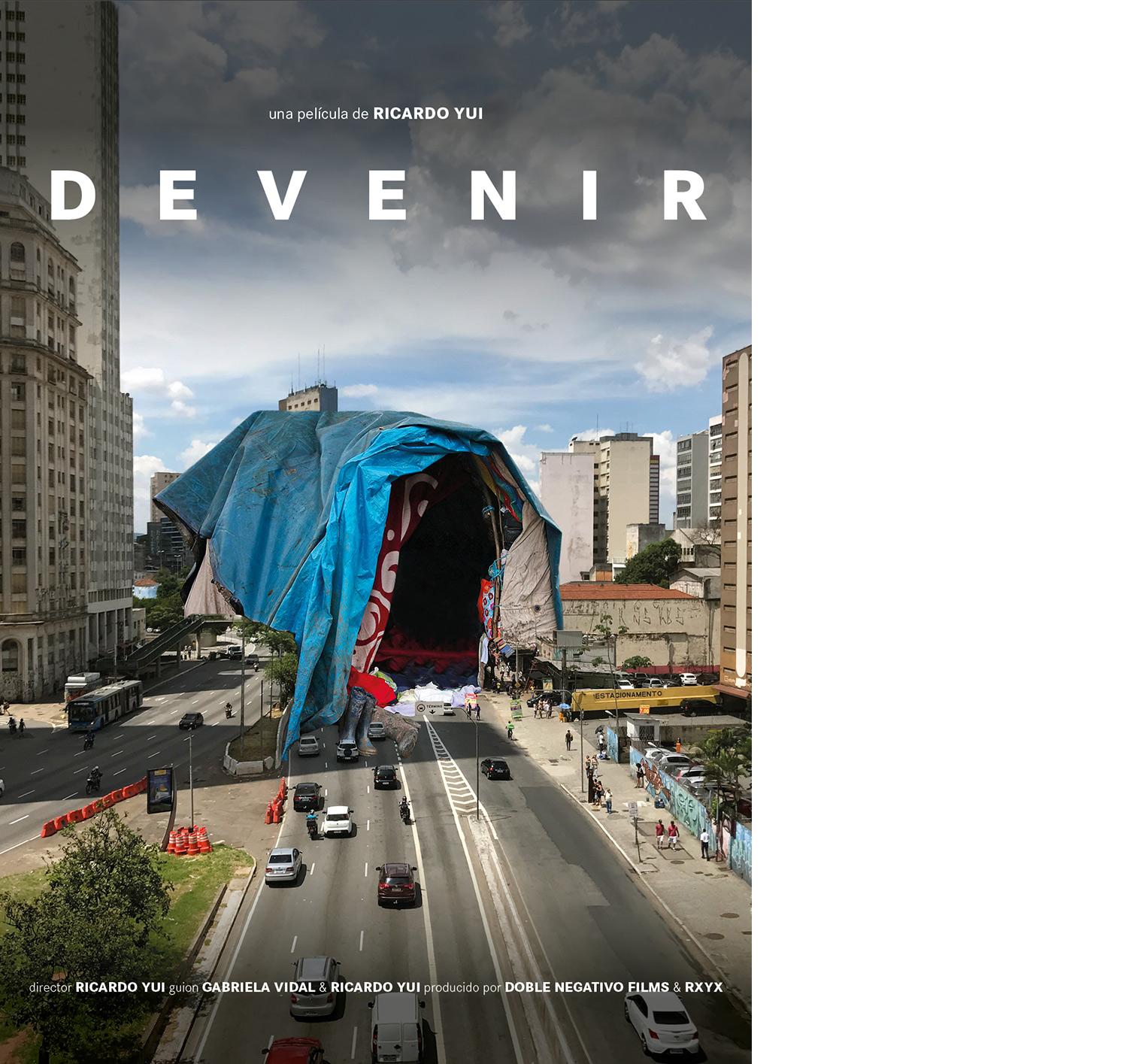
Ricardo Yui is a Peruvian-born visual artist and filmmaker based in Amsterdam (NL). In his films,
the modern dream, already broken, is embodied by damned characters living on the margins of a failed system, and looking for their path of redemption.
Ricardo holds the Master of Arts degree from ENSP d’Arles (FR). His projects and films have been supported by institutions such as
Institut Français (FR), CulturesFrance (FR), CentroCentro (ES), Amsterdams Fonds voor de Kunst AFK (NL) and the National Film Fund DAFO (PE).
Having produced, written and directed six short films, his work has been internationally exhibited and screened at 23rd Festival de Cine de Lima (PE) ;
4th Beijing International Short Film Festival BISFF (CN) ; CC Conde Duque (ES) ; Seoul Photo Festival (KP) ; Lishui Photo Festival (CN) ;
Bienal de la Imagen en Movimiento BIM (AR) ; ICPNA (PE) ; MAC (PE) ; Casa de América (ES) ; CentroCentro (ES) ; de Brakke Grond (NL) ; Les Rencontres d’Arles (FR) ;
Itaú Cultural (BR), and Musée du quai Branly (FR).
Nowadays, Ricardo works on the post-production of his first feature film, DEVENIR, a dystopian drama telling the story of a migrant woman returning back home during the societal collapse.
Colonial monuments are doors connecting two worlds. A Woman covered in rainforest mud emerges from a fountain in central Brussels. Her fate was interrupted long ago, and now she is in the capital of Europe seeking justice.
Understanding the current European "refugee crisis" as a collateral event of its own imperialism and colonialism, "L’Épicentre du Mal" (The Epicenter of Evil) is a short film reflecting on our present and its ties with the past. In this video, from the side of the fantasy, the violent historical process of domination and resistance is told as a foundational myth, explaining the apparition of a group of people in a city.
In the wake of the Enlightenment, humanity invented the "progress". Faust recreates entirely the city, while Theo fights to govern the land. Different intentions, the same outcome, as the new “invention” turns everything on ruins.
In this short film, Orthodoxie et Orthopraxie, the demolition of a house is proposed as a stage for modernisation and war, alternately. The action itself is empty of meaning, but two characters turn the concrete realism of the destruction of a house into images about development and punishment, creating the moment in which a verb becomes a gesture.
Cesar drowned, he doesn't know it. A geometric form in the centre of the city is the starting point of a path leading to improbable places. Cesar must find a new place in the World.
Continuidad (Continuity) is a short film about death and redemption in which, through a spiritual journey, the character experiences the center and the periphery of the city as if both places would be mutually contained by each other.
During the decline of the West, the Mother Culture lost the control of its own destiny. Yorgos is a Greek homeless man stuck in a monotone life, when a trip to the old ruins wakes him up.
After finding some pieces of the broken Europe on his way back, he sets the fire to offer a second chance.
Das Neue Athen (The New Athens) is a fictionalised document which tells a story of second chances and redemption.
Following the so-called Greek debt crisis and its consequences since the early 2010's, I decided to make this film
as a possible answer to the Present time, in which the European Project seems to be in a clear decline.
This film is political in its particular way. Not from explaining the necropolitical agenda of the neoliberals,
nor their punishment methods; but by constructing a plot in which the character (a homeless person),
the title (in German language) and the coins (the Euro as a currency), are all of them clues to imagine
the reason related to the very last defeat.
In the outskirts of Jerusalem, standing on the edge of the Green Line, with an Israeli settlement
in the background, and over the ruins of a small Palestinian village, this film begins by attributing to paper
a poetic -almost magical- function. Paper is the support of the written word, the one related to the memory, as well as to the law of Man and to the law of God.
It Never Pours but It Rains is composed by a flow of images that intertwine a performance
with a happening. The first is an evocation of paper as the law, as a tyrant power oppressing a group of people, from whom
a powerful -almost impossible- body gesture is asked to get redeemed. While in the second, paper
is evoked as a fragile piece of memory resisting the disappearance. In this action, a sheet of paper
is left on a random sidewalk in Tel Aviv, while water drops make slowly vanishing the name of a
Palestinian village massacred during the Nakba (al-Dawayima).
With belief and hopefulness in the progress, humans and machines merge in a single gesture over a precarious process of modernisation. Despite the useless of their actions, that process is seen as an epic journey, as an exciting anthropocentric adventure that transforms simultaneously the territory and ourselves.
Under the form of a visual essay, Entropía Limeña (Lima Entropy) evokes a flow of contradictions in which the city and the landscape are spaces in constant transformation and in permanent evolution. In the context of the late awakening of a city to the vertical line, this vision defines the territory as a theatre of choreographies that is fed by the human effort. Body gestures are the raw material of the change and the transformation of the world.
'la costa verde' photo series
'les ateliers sncf' photo series




